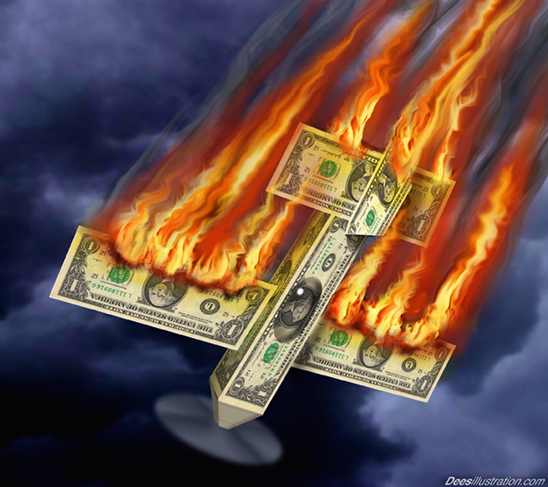
ALBA members are Venezuela, Bolivia, Cuba, Ecuador, Nicaragua, Honduras, Dominica, Saint Vincent and Antigua and Barbuda
COCHABAMBA, Bolivia — Leftist Latin American leaders have agreed on the creation of a regional currency to scale back on the use of the US dollar as well as economic sanctions against Honduran coup leaders.
Nine countries of ALBA, a leftist bloc conceived by Venezuelan President Hugo Chavez, met Friday in Bolivia where they vowed to press ahead with a new currency for intra-regional trade to replace the US dollar.
“The document is approved,” said Bolivia’s President Evo Morales, who is hosting the summit.
The new currency, named the Sucre after Jose Antonio de Sucre, who fought for independence from Spain alongside Venezuelan hero Simon Bolivar in the early 19th century, will be rolled out beginning in 2010 in a non-paper form.
That move echoes the European Union’s introduction of the euro precursor, the ECU, an account unit designed to tie down stable exchange rates between member states before the national currencies were scraped.
ALBA’s member states are Venezuela, Bolivia, Cuba, Ecuador, Nicaragua, Honduras, Dominica, Saint Vincent and Antigua and Barbuda.
In a resolution on Honduras, members of the group agreed “to apply economic and commercial sanctions against the regime that came to power as a result of a coup.”
They also urged the United Nations to send a representative to Honduras to ensure “the inviolability of the Brazilian diplomatic mission as well as security and adequate humanitarian conditions for the stay there of president Manuel Zelaya.”
Zelaya was overthrown in a June 28 coup backed by the military, the Supreme Court and the Honduran Congress over his attempt to hold a referendum to change the constitution.
His opponents charged that he was seeking to lift constitutional limits on his term in office so that he could run for re-election.
After sneaking back into the country about three weeks ago, Zelaya has been hiding at the Brazilian Embassy in Tegucigalpa, which has been cordoned off the Honduran security forces.
The two sides are now negotiating a political settlement.
The bloc also called for the replacement of the World Bank’s International Centre for Settlement of Investment Disputes which has probed a slew of rows between ALBA members and western energy firms.
Most ALBA members have already withdrawn from the organization, with Ecuador announcing last July that it would pull out of the group.
On Friday, Bolivian media reported the country intents to nationalize a electricity distribution firm owned by Spain’s Red de Electrica de Espana.
It is just the latest in a series of nationalizations in Venezuela, Ecuador and Bolivia.
In May, Venezuela nationalized 74 energy services firms operating in the oil-rich Maracaibo Lake region.
Bolivia’s Evo Morales has indicated that parts for his country’s energy and rail sectors will be nationalized.
By Jose Arturo Cardenas
October 17, 2009
Source: AFP
Related information:
– Russia ready to abandon US dollar in oil, gas trade with China
– Iran to drop US dollar from forex reserves
– Sumitomo Chief Strategist: US Dollar to Hit 50 Yen, Cease as Reserve Currency
– DOW at 10,000!!! Oh Wait, Make That 7,537
– Marc Faber on Bloomberg: Dollar decline and inflation – Oct. 14, 2009
– David Tice: Gold Heading to $3000 Unless America Hits the ‘Reset’ Button
– Jim Rogers: ‘I Am Quite Sure Gold Will Go Over $2000?, Dollar Will Lose Reserve Status
– US Dollar Reaches Breaking Point as Central Banks Shift Reserves
– Financial Times: US mantra of strong dollar loses its value
– The Federal Reserve buys Fannie Mae bonds; Timothy Geithner is a liar
– Gerald Celente on the demise of the US dollar: ‘The US is failing on it’s most basic level’
– Max Keiser on RT: ‘Dollar to be buried way before 2018?
